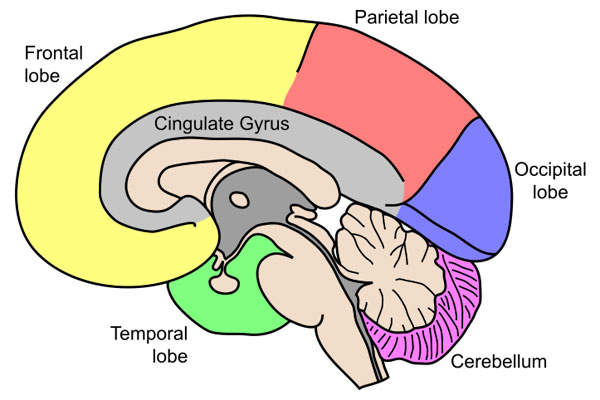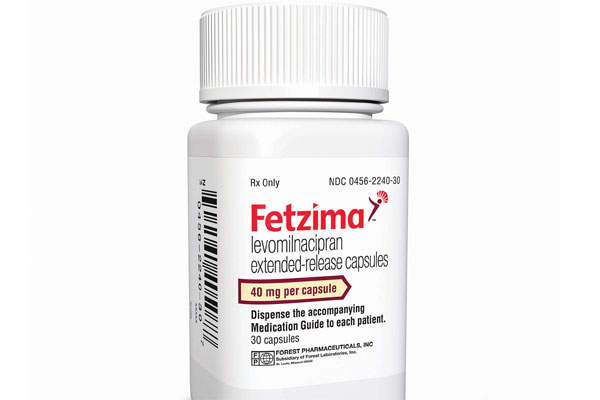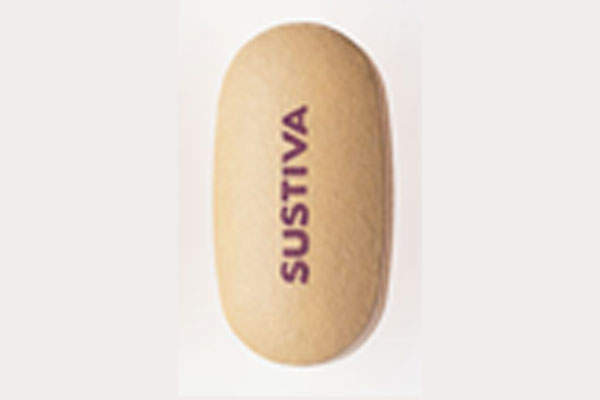
Bavencio® (avelumab) is a human PD-L1 monoclonal antibody indicated for the treatment of metastatic Merkel-cell carcinoma (MCC).
Jointly developed by Merck and Pfizer, Bavencio received orphan drug designation (ODD) from the European Medicines Agency (EMA) in November 2015 and US Food and Drug Administration (FDA) Fast Track Designation in October 2015.
The marketing authorisation application (MAA) for Bavencio was accepted for review by the EMA in October 2016, while the Biologics License Application (BLA) for Bavencio was accepted by the FDA in November 2016.
The FDA also approved Bavencio for the treatment of metastatic MCC in adults and paediatric patients aged over 12 years in March 2017. The drug was granted marketing authorisation (MA) by the European Commission (EC) in September 2017.
Merkel cell carcinoma causes and symptoms
Merkel-cell carcinoma (MCC) is a skin cancer caused by the uncontrolled growth of Merkel cells in the skin. The disease is largely caused by Merkel cell polyomavirus (MCV) on parts of the skin in the head, neck and arms, mostly due to long-term sun exposure. A weak immune system also increases the risk of developing MCC.
An estimated 2,500 new cases of MCC are diagnosed in the EU every year. The disease has poor prognosis with less than 20% of patients surviving longer than five years.
Avelumab’s mechanism of action
Bavencio contains a fully human anti-programmed death-ligand 1 (PD-L1) immunoglobulin G1 (IgG1) monoclonal antibody. The drug binds to programmed cell death 1 protein (PD-1) and controls PD-L1 interactions. It also enables the activation of T-cells and the adaptive immune system.
The drug is available in a 20mg/ml dose, which can be administered intravenously.
Clinical trials on Avelumab
Pfizer and Merck decided to submit the MAA and BLA for Bavencio based on the results of a Phase II clinical trial known as JAVELIN Merkel 200.
Part A of the open-label, international, multi-centre clinical study enrolled 88 patients with metastatic MCC whose disease had progressed after at least one chemotherapy treatment. It was conducted across Australia, the Asia Pacific (APAC), Europe and North America.
Part B of the JAVELIN Merkel 200 clinical study enrolled 39 patients with histologically confirmed metastatic MCC. The patients were administered with Bavencio 10mg/kg intravenously once every two weeks. The cut-off date for primary analysis was six months.
The primary endpoint of the study was best overall response (OR) according to RECIST v1.1 assessed by an independent review committee. The secondary endpoints included duration of response, progression-free survival (PFS), overall survival (OS), safety and tolerability, pharmacokinetics, and immunogenicity.
The results of Part A showed that eight patients treated with Bavencio achieved complete responses, whereas 20 patients achieved partial responses. The PFS rate at six months was 40%, which was estimated based on Kaplan-Meier method. The OS rate was 69% and the media OS was 11.3 months at six months.
The Part B study results demonstrated that the patients treated with Bavencio 10mg/kg achieved 62% objective response rate with 14% of them experiencing a complete response (CR) and 48% experiencing a partial response (PR). The study showed that approximately 67% of patients experienced a PFS rate of three months.
Treatment-related adverse events (AE) were reported in 62 patients. The most common AEs included fatigue and infusion-related reactions.
The safety and efficacy of the drug was evaluated in 1,738 patients with solid tumours, including metastatic MCC receiving 10mg/kg every two weeks.
The clinical trial programme on Bavencio was conducted in more than 1,400 patients with various types of cancer, including breast cancer, gastric cancer, head and neck cancer, MCC, mesothelioma, melanoma, non-small cell lung cancer, ovarian cancer, renal cell carcinoma, and urothelial cancer.
Marketing commentary
Bavencio was discovered by Merck in Darmstadt, Germany.
Merck and Pfizer reached an agreement to co-develop and co-commercialise avelumab in November 2014.
Following the approval by EMA or FDA, Bavencio became the first treatment indicated for patients with MCC.






